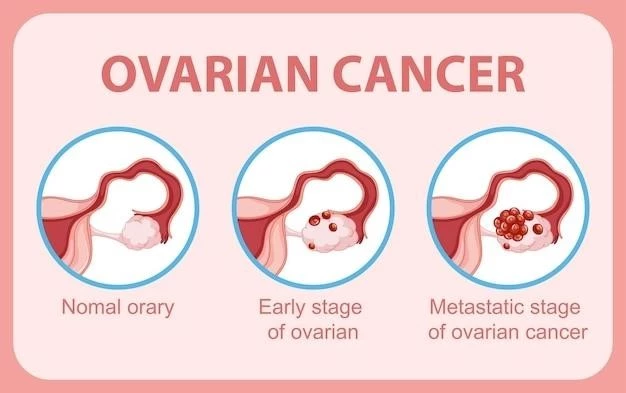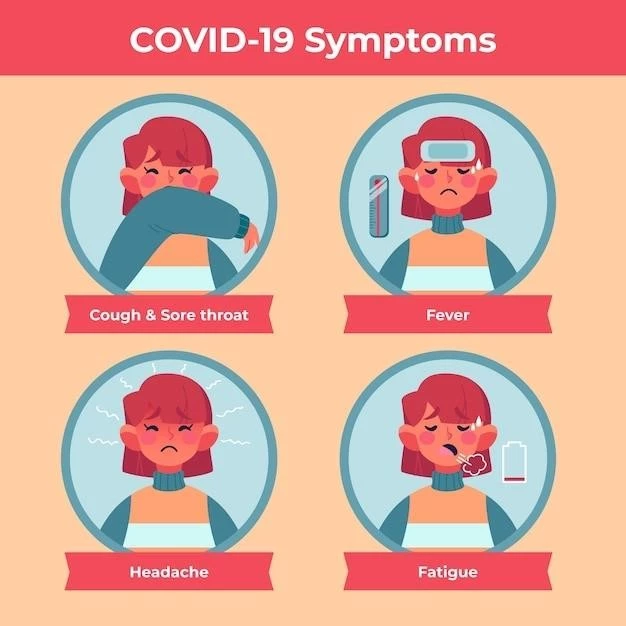Be aware of flushing, diarrhea, wheezing, and heart issues. Contact your doctor if you experience these symptoms.
Overview of Carcinoid Syndrome Symptoms
Carcinoid syndrome symptoms can vary from person to person, including flushing, diarrhea, shortness of breath, and rapid heartbeat. Keep track of your symptoms and discuss them with your healthcare provider for proper evaluation and management.
Treatment Options for Carcinoid Syndrome
Discuss various treatment options with your healthcare provider to manage symptoms effectively and improve your quality of life.
Medication
Medications like somatostatin analogs, interferon, and targeted therapies may help manage symptoms and slow tumor growth. It’s essential to follow your healthcare provider’s guidance on medication use and potential side effects to optimize your treatment plan.
Causes of Carcinoid Syndrome
Neuroendocrine tumors are the primary cause of carcinoid syndrome. Early detection and treatment are crucial for managing the condition.
Neuroendocrine Tumors
Neuroendocrine tumors arise from cells that produce hormones. These tumors can lead to carcinoid syndrome if they release excess substances into the bloodstream. Regular screenings and early intervention are key to managing neuroendocrine tumors effectively. Consult with your healthcare provider for personalized care.
Diagnosis of Carcinoid Syndrome
Visit your doctor for blood and urine tests to detect biomarkers associated with carcinoid syndrome. Early diagnosis is critical for timely treatment.
Blood and Urine Tests
Specialized blood and urine tests can help detect elevated levels of specific hormones and biomarkers associated with carcinoid syndrome. Regular monitoring through these tests can aid in early diagnosis and effective treatment planning. Follow your healthcare provider’s recommendations for testing frequency and interpretation of results.
Carcinoid Tumors⁚ Overview and Management
Understand different types of carcinoid tumors and discuss appropriate management strategies with your healthcare team for optimal care.
Types of Carcinoid Tumors
Carcinoid tumors can develop in various parts of the body, such as the digestive tract, lungs, and appendix. Each type may require a different approach to diagnosis and treatment. Consult with your healthcare provider to determine the specific type of carcinoid tumor you have and develop a personalized management plan tailored to your needs.
Lifestyle Changes for Carcinoid Syndrome Patients
Make dietary modifications and engage in regular exercise to help manage symptoms and improve overall well-being. Consult your healthcare provider for personalized recommendations.
Diet Modifications
Adjust your diet to include foods that are easily digestible and low in triggers for symptoms like flushing and diarrhea. Focus on a balanced intake of lean proteins, fruits, vegetables, and whole grains. Avoid spicy foods, alcohol, and caffeine, which can exacerbate symptoms. Stay hydrated and consider smaller, more frequent meals to aid digestion. Consult a nutritionist for personalized dietary recommendations tailored to your condition.
Carcinoid Crisis⁚ Understanding and Prevention
Learn to recognize and manage carcinoid crisis symptoms promptly. Discuss prevention strategies with your healthcare team for better outcomes.
Recognizing Symptoms of Carcinoid Crisis
Be vigilant for sudden flushing, severe diarrhea, fast heartbeat, breathing difficulties, and low blood pressure. Seek immediate medical attention if experiencing these symptoms. Inform healthcare providers about your carcinoid syndrome diagnosis for appropriate management.

Research Advances in Carcinoid Syndrome
Stay informed about new treatment innovations and research breakthroughs for improved management of carcinoid syndrome. Ask your healthcare provider about cutting-edge therapies.
Innovations in Treatment
Recent advancements include targeted therapies, immunotherapy, and peptide receptor radionuclide therapy (PRRT). Stay updated on new treatment options by discussing with your healthcare team. Clinical trials may offer access to cutting-edge treatments. Always consult your healthcare provider for personalized recommendations based on the latest innovations.
